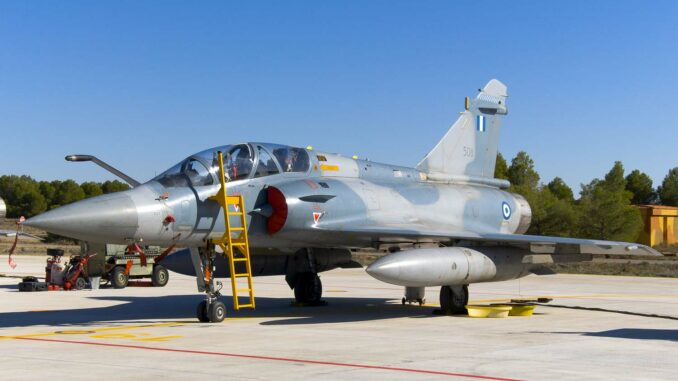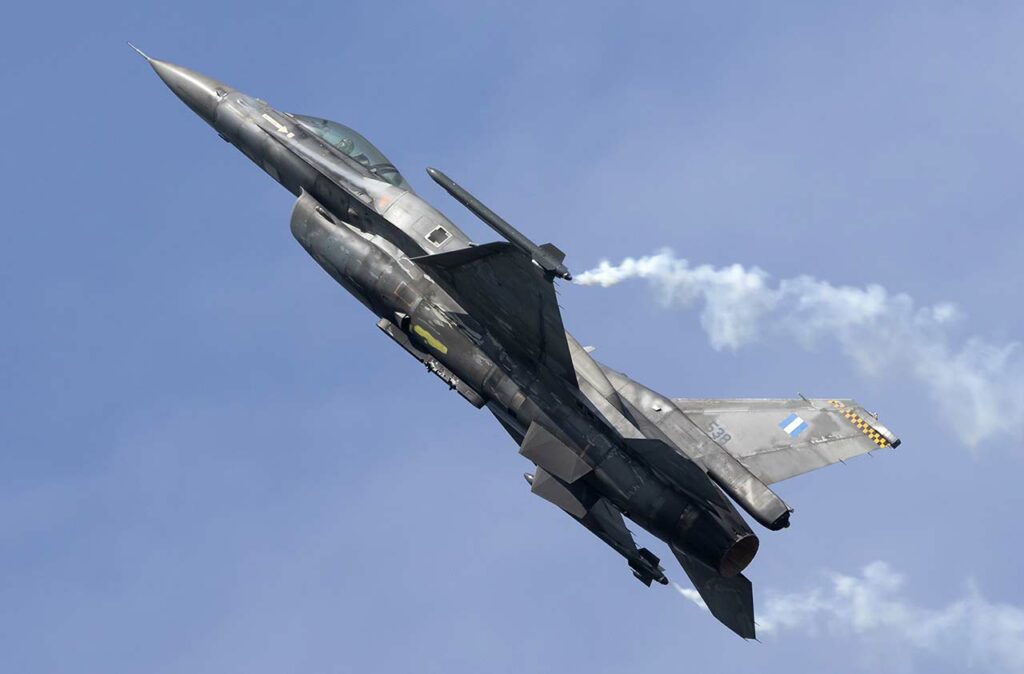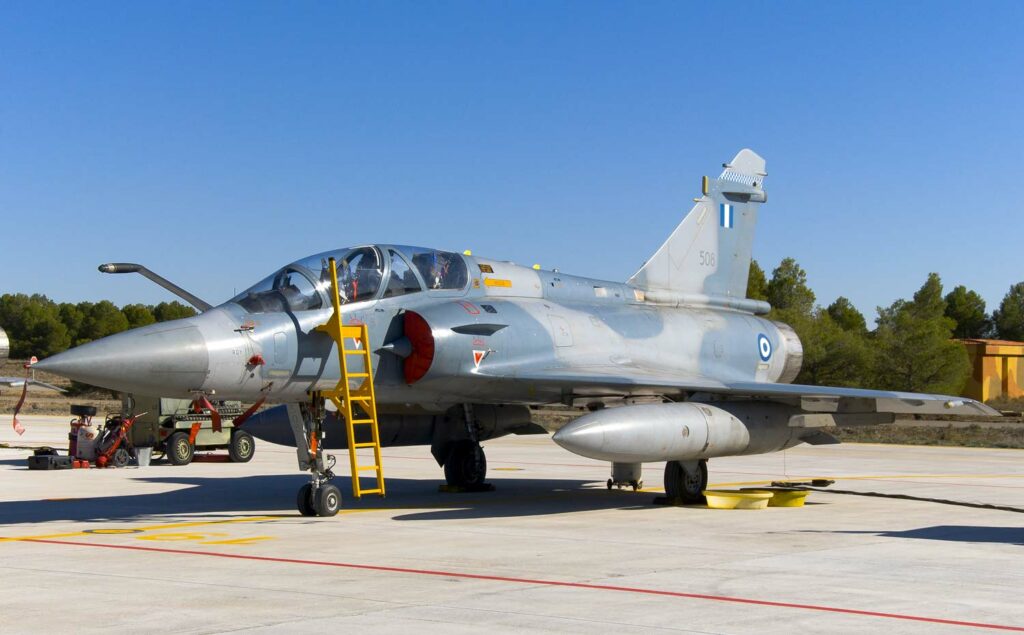
Greece plans to sell F-16s and Mirage 2000s to optimize its air combat fleet and strengthen its defensive capabilities.
Greece, in a strategic move to rationalize its fighter fleet, has announced its intention to sell some of its F-16 and Mirage 2000 aircraft. This decision is part of an overall review of the Greek armed forces, aimed at improving operational efficiency and reducing the financial burdens associated with maintaining a diversified fleet. This article explores the technical, economic and strategic implications of this initiative, highlighting the benefits it could bring to the Hellenic Air Force and to potential buyers on the secondary market.

Streamlining the air combat fleet
The diversity of combat aircraft types within the Greek Air Force, while offering a wide range of capabilities, presents significant challenges in terms of maintenance and training. The operational costs and logistical complexity of managing several aircraft types, each requiring its own spare parts, training programs and maintenance facilities, have motivated Greece to consider a more homogeneous fleet.
F-16 and Mirage 2000 on the market
F-16 Block 30s and Mirage 2000s, initially acquired by Greece via the Peace Xenia I program, are attractive options on the secondary market due to their proven performance and cost advantage over new aircraft. These well-maintained aircraft, with their robust operational capabilities, offer buyers an opportunity to modernize or expand their air fleets without the prohibitive investment required for brand-new aircraft. This gives nations and private companies access to advanced technologies and significant air power, optimizing their defense posture while keeping costs under control.
Technological advantages of the F-16V and Rafale
Upgrading Greek F-16s to the F-16V standard represents a significant qualitative leap in terms of air combat capabilities. The integration of AESA radar offers more accurate and longer-range target detection, as well as greater resistance to electronic countermeasures, compared with mechanically oriented radars. This upgrade also brings a significant improvement in targeting capability, enabling pilots to engage targets with greater precision. The adoption of advanced weapons systems, such as new-generation air-to-air and air-to-ground missiles, enhances the F-16’s operational effectiveness in a wide range of missions. At the same time, the integration of additional Rafales into the Greek arsenal complements these improvements by providing a modern, multi-purpose fighter with state-of-the-art avionics, stealth and weapons-carrying technologies, increasing Greece’s ability to deal with a variety of air and ground threats.
Aspiration to the F-35 Block 4
Greece has also expressed interest in acquiring the more advanced Block 4 version of the F-35A, underlining its ambition to acquire a fifth-generation combat capability. Despite the challenges involved in developing this version, Greece is counting on future advances to integrate this cutting-edge aircraft into its fleet.
Strategic implications
This rationalization initiative reflects a strategic reorientation by Greece to optimize its defense resources. By focusing on a smaller but technologically advanced fleet, Greece aims to improve its interoperability with NATO allies, increase its deterrence capability and respond more flexibly and effectively to regional security challenges.

Prospects for potential buyers
The F-16 and Mirage 2000, with their proven performance and availability, present an attractive opportunity for countries seeking to modernize or expand their combat fleets without the prohibitive costs of new aircraft. In particular, Ukraine, which is actively seeking to strengthen its air capabilities in the face of current security challenges, could consider these aircraft as a viable option.
Greece’s decision to sell part of its fleet of F-16s and Mirage 2000s is part of a drive to modernize and optimize its armed forces. With this initiative, Greece is not only seeking to ease the financial burden of maintaining a diversified fleet, but also to strategically position itself as a modern, efficient air force, capable of meeting future challenges with agility and precision. For potential buyers, these aircraft offer a unique opportunity to access advanced air capabilities at a reduced cost, opening up new prospects for strengthening regional defensive capabilities.
War Wings Daily is an independant magazine.